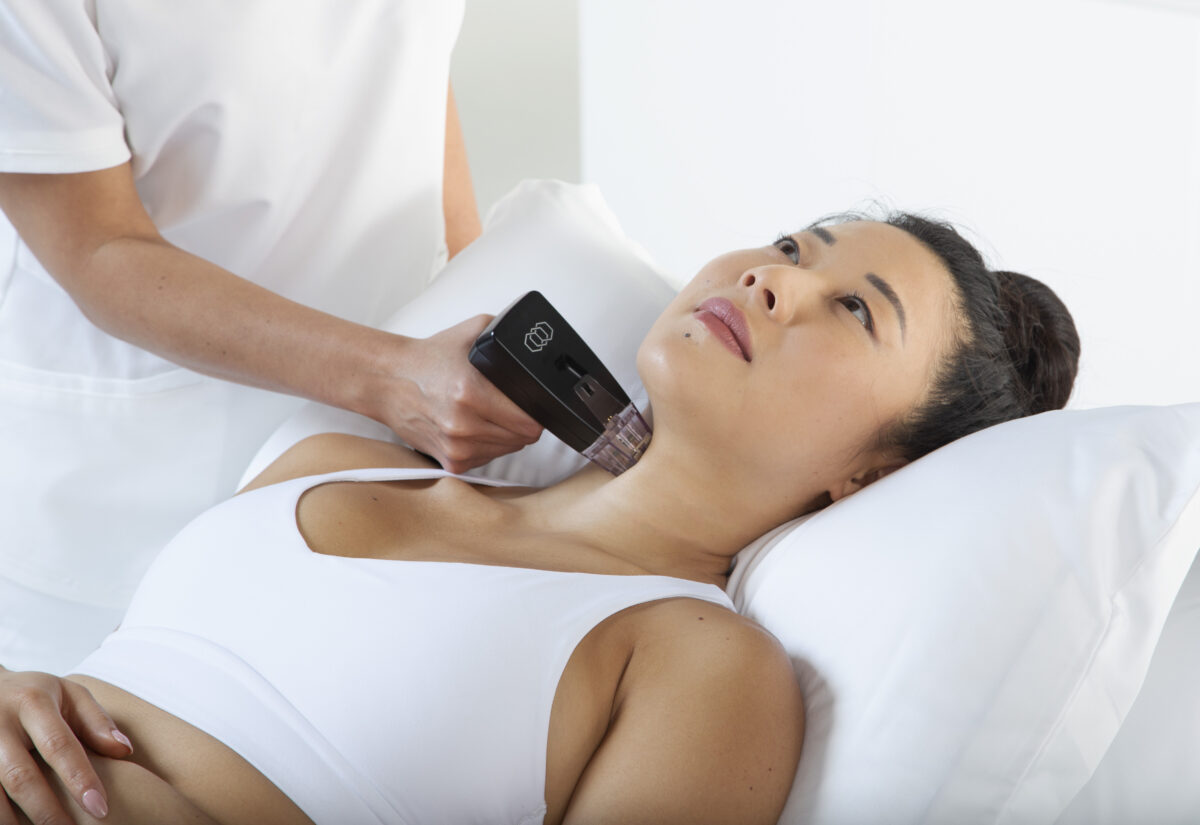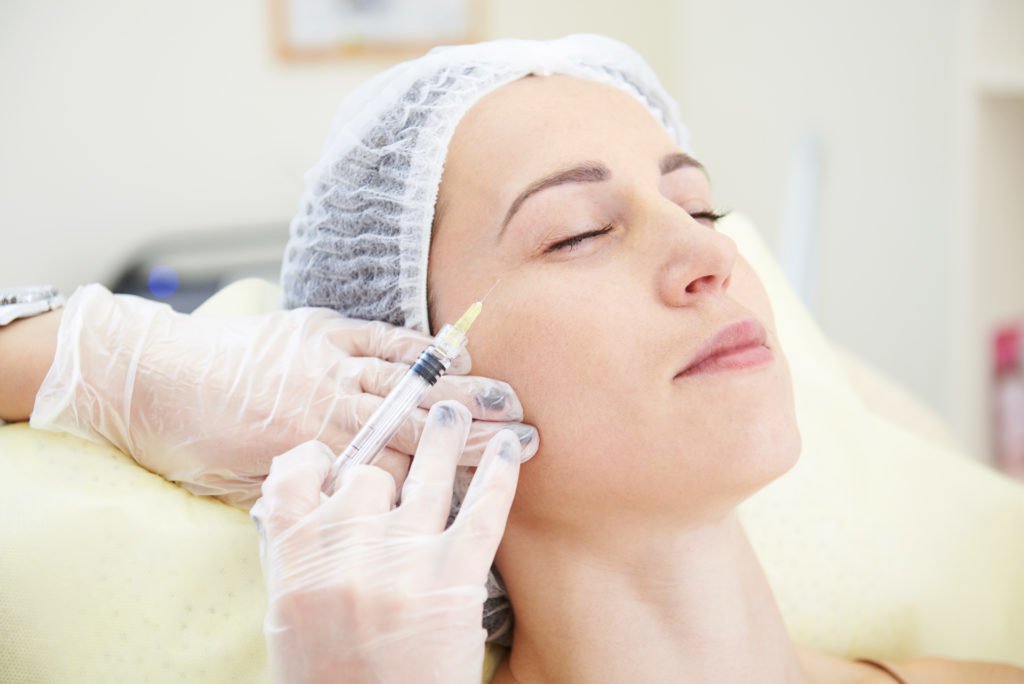In the world of aesthetic medicine, Morpheus8 is revolutionizing how we achieve smoother, tighter, and more youthful-looking skin. This advanced treatment combines the power of microneedling with radiofrequency (RF) energy to stimulate collagen production, address textural concerns, and minimize signs of aging. But did you know that nurses frequently play a vital role in delivering exceptional Morpheus8 results?
Can Nurses Perform Morpheus8?
The answer depends on your state’s regulations. In many states, registered nurses (RNs) and nurse practitioners (NPs) can perform Morpheus8 treatments under a physician’s supervision. This exciting development recognizes the extensive training, clinical expertise, and dedication to patient safety that nurses possess.
How Does Morpheus8 Work?
Morpheus8 is a minimally invasive treatment that delivers controlled micro-injuries to the skin using tiny needles. Simultaneously, radiofrequency energy is emitted through these needles, heating the deeper layers of the skin. This dual action triggers the body’s natural healing response, resulting in:
- Collagen and Elastin Production: The cornerstone of youthful skin, collagen, and elastin create firmness and support. Morpheus8 boosts their production, leading to tighter, plumper skin.
- Skin Remodeling: RF energy helps to smooth wrinkles, improve the appearance of acne scars, and address laxity.
- Fat Reduction: Morpheus8 can be used to reduce submental fat (double chin) and contour areas like the jawline.
What Conditions Does Morpheus8 Treat?
Morpheus8 is an incredibly versatile treatment that addresses a wide range of concerns, including:
- Fine lines and wrinkles
- Acne scars and textural irregularities
- Skin laxity on the face, neck, and body
- Enlarged pores
- Hyperpigmentation
- Stretch marks
The Nurse’s Role: Expertise, Artistry, and Patient Care
Nurses who perform Morpheus8 undergo specialized training to master the device, understand skin anatomy, and develop individualized treatment plans. Their key responsibilities include:
- Consultation: In-depth assessment of the patient’s goals, skin health, and suitability for Morpheus8.
- Treatment Planning: Determining the appropriate settings, needle depths, and number of sessions for optimal results.
- Administering Treatment: Ensuring patient comfort and safety while delivering the Morpheus8 treatment with precision.
- Aftercare: Providing post-treatment instructions and follow-up care to maximize results and manage potential side effects.
Nurses in aesthetics bring a unique perspective. Their focus on holistic patient care and in-depth understanding of anatomy and physiology ensure safe, effective, and natural-looking outcomes.
Why Choose a Nurse for Morpheus8?
- Clinical Expertise: Nurses have a strong foundation in medical knowledge, empowering them to handle potential complications and provide informed care.
- Personalized Approach: Nurses are known for their patient-centered focus, creating individualized treatment plans and fostering trust.
- Comfort and Safety: Nurses prioritize patient well-being throughout the entire treatment process.
How to Get Started in Aesthetics as a Nurse
If you’re passionate about skincare and helping patients achieve their aesthetic goals, here’s your roadmap:
- Licensing and Regulations: Ensure you’re an RN or NP licensed in your state and research your state’s laws regarding aesthetic treatments for nurses.
- Training: Find reputable training programs specifically focused on Morpheus8 and other aesthetic procedures. Consider hands-on training at respected facilities like NuWays MD in Boca Raton, FL, which offers aesthetic training for medical professionals. https://www.nuwaysmd.com/
- Mentorship: Seek out opportunities to shadow and learn from experienced aesthetic nurses and physicians.
- Certification: While not always required, pursuing certifications demonstrates your commitment to excellence.
- Build Your Portfolio: Document your work with before-and-after photos and patient testimonials.
Transform Skin and Your Career with Morpheus8
Morpheus8 and the field of aesthetic nursing offer a rewarding career path for those who want to combine their medical background with a passion for beauty and transformation.
Finding the Right Practice
When searching for opportunities to perform Morpheus8 and other aesthetic procedures, look for practices that:
- Prioritize Patient Safety: Choose a physician-led practice with a strong reputation for upholding the highest standards of care.
- Offer Mentorship and Training: Seek out a practice that invests in your continued growth and provides ongoing education.
- Value Your Expertise: Look for a collaborative environment where your clinical knowledge and patient care skills are respected and utilized.
- Align with Your Goals: Find a practice that matches your areas of interest in aesthetics, whether it’s facial rejuvenation, body contouring, or specialized treatments.
Conclusion
Morpheus8 is a groundbreaking treatment for skin rejuvenation, and nurses play a vital role in helping patients achieve radiant, youthful-looking skin. If you’re a nurse interested in aesthetics, the opportunities are endless. With the right training, mentorship, and a supportive practice, you can build a fulfilling career while transforming the lives of your patients.
Disclaimer: The information provided in this article is intended for general knowledge and does not constitute medical advice. It’s essential to consult with a qualified healthcare provider before undergoing any aesthetic treatment.

